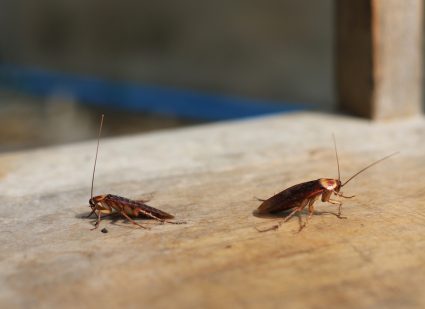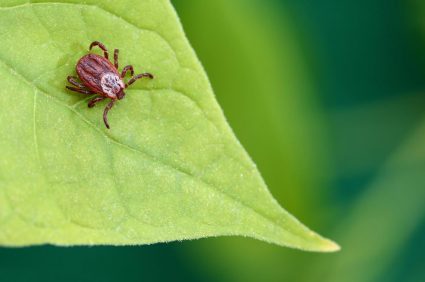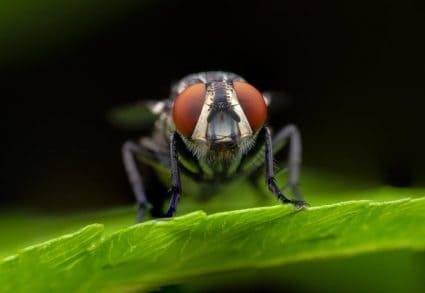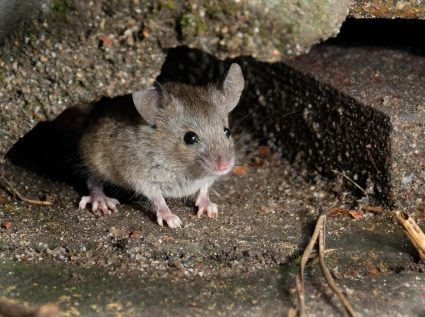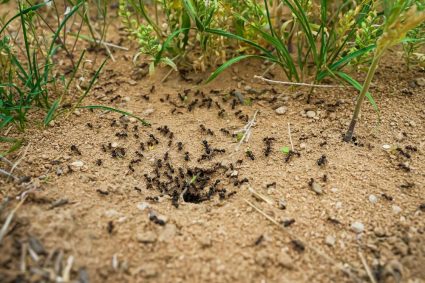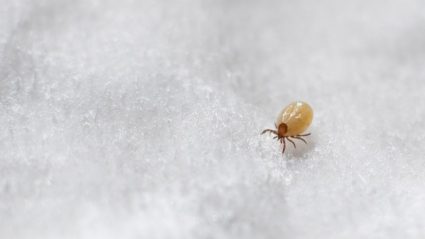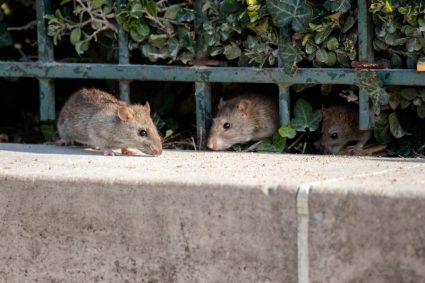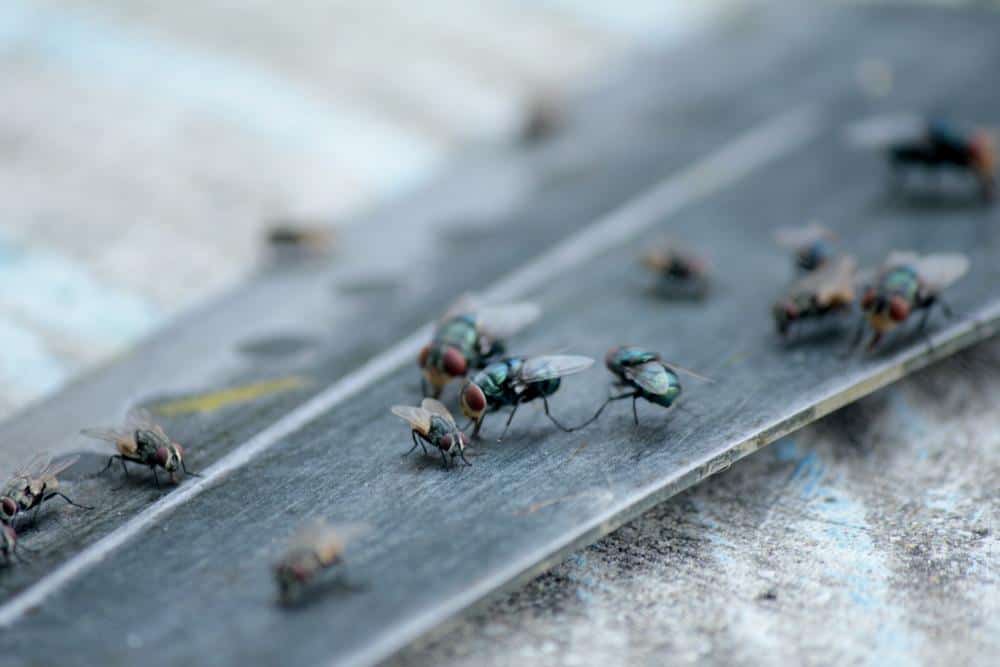
Horse flies are notorious pests, known for their painful bites and persistent nature. If you’ve been noticing these unwelcome guests buzzing around your home, you might be wondering, “Why am I getting horse flies in my house?” In this article, we’ll explore the reasons why horse flies may be attracted to your house, how to identify an infestation, and effective strategies to keep them at bay.
Horse flies may be attracted to your house due to several factors such as the presence of animal feces, damp areas, hot weather, and weedy areas that recreate their preferred habitat. They are also drawn to carbon dioxide expelled by warm-blooded animals, shiny objects, warmth, sweat, and light. Additionally, they can be attracted to rotting materials in the house like garbage. Keeping your house and yard clean, using repellents, and installing screens on windows and doors can help prevent them from entering your house.
What Attracts Horse Flies to Homes?
Horse flies are attracted to homes for several reasons. They are drawn to animal feces, so if you have pets, it’s essential to clean up after them regularly. Horse flies also thrive in damp areas and hot weather. They enjoy weedy areas and long grass that can trap moisture and recreate the humid pasture habitat they love.
In addition to these factors, horse flies are attracted to carbon dioxide expelled by warm-blooded animals, as well as visual cues such as motion, size, shape, and color. They are also drawn to shiny objects, warmth, sweat, and exhaled carbon dioxide. Furthermore, horse flies can be attracted to rotting materials in your house, such as garbage disposals and garbage cans. They are also attracted to light and will often rest on paths and roads, especially in wooded areas, where they wait for potential hosts.
Identifying a Horse Fly Infestation
Identifying a horse fly infestation in your home can be done by looking out for the following signs:
- Bites: Horse fly bites can cause red, itchy, and swollen areas, often developing a raised welt or hives around the site. Affected animals may lose fur due to excessive scratching.
- Swarms: Horse flies can gather in groups, posing a persistent hazard to cattle and other livestock.
- Appearance: Horse flies are large, ranging from ½ to 1¼ inches long, with a gray or blackish body. They have large, iridescent eyes, either green or purple with horizontal stripes, and clear or solid color wings.
The Risks of Horse Flies
Common Areas Where Horse Flies are Found
Horse flies are not typically found within houses, as they prefer outdoor environments for breeding and development. However, they can occasionally enter homes through open windows or doors, especially if there are active breeding sites nearby. In most situations, horsefly infestations are located a substantial distance away from a home. If horse flies are found inside a house, they might be attracted to areas with moisture or cool temperatures, such as around air conditioning units.
Preventing Horse Flies from Entering Your House
To keep horse flies away, you can:
- Install screens on windows and doors.
- Use natural repellents like citronella, vinegar, eucalyptus, geranium, and peppermint.
- Maintain a clean yard.
- Use traps, such as the H-Trap, or sticky traps or flypaper.
Home Remedies to Get Rid of Horse Flies
Some home remedies to try include apple cider vinegar spray, physical traps like flypaper, DIY horse fly traps, garlic supplements for your horse, and essential oil sprays.
When to Call a Professional
If the infestation persists, it’s best to contact a professional pest control service. They have the expertise and experience to effectively deal with horse fly infestations and can design a unique program tailored to your specific situation.
In conclusion, while horse flies can be a nuisance, understanding what attracts them and how to prevent them can help you protect your home. Keep your house and yard clean, use repellents, and don’t hesitate to call a professional if necessary.
Frequently Asked Questions
What time of year are horse flies most active?
Horse flies are most active during the warm summer months, particularly in hot, humid weather.
Are horse flies dangerous to humans?
While horse fly bites can be painful and cause itching and swelling, they are not typically dangerous to humans. However, some people may have allergic reactions to horse fly bites, and in rare cases, horse flies can transmit diseases.
How long do horse flies live?
The adult horse fly lifespan ranges from a few days to a couple of weeks. However, the entire life cycle of a horse fly, from egg to adult, can take up to two years.
Can horse flies infest my house?
While it’s uncommon for horse flies to infest indoors, they can occasionally enter homes through open windows or doors, especially if there are active breeding sites nearby.
What’s the difference between a horse fly and a regular house fly?
Horse flies are typically larger than house flies and have a distinctive appearance with iridescent eyes and clear or solid color wings. They are also known for their painful bites, while house flies do not bite.


